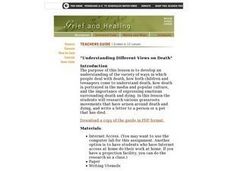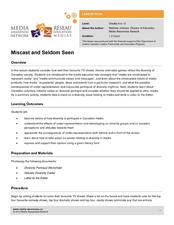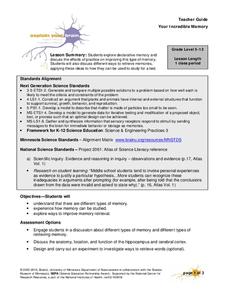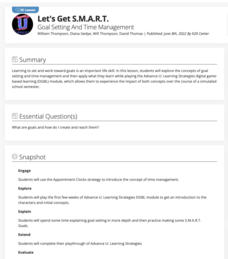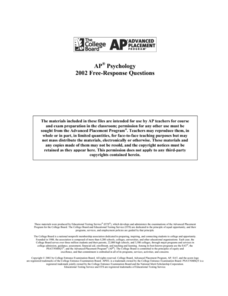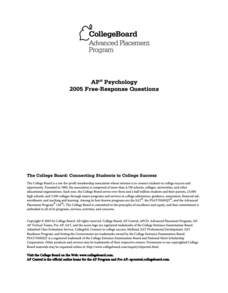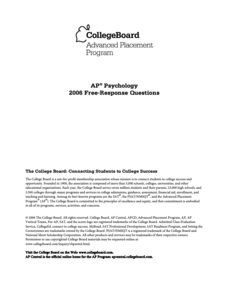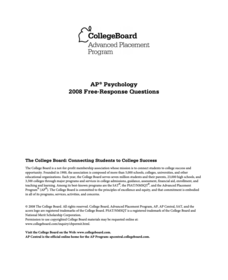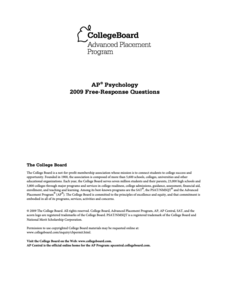Curated OER
Understanding Different Views on Death
A thought-provoking instructional activity presents how different cultures view death. Upper elementary through high school pupils engage in a series of activities that will leave them with a new understanding of how death is dealt with...
Curated OER
Domestic Violence and Teen Dating
It is important for students to have a safe place to discuss domestic violence, dating, and abuse. This discussion-based lesson provides upper graders with a list of warning signs for abuse, community resources, and ways they can help...
Curated OER
Diversity in Media: Looking Critically at What We See
This learning experience fosters awareness of representations we see, and don't see, in the media. Learners list TV programs, games, and films they enjoy, identify characters' ethnic, religious, (dis)ability, and sexual orientation...
Curated OER
Miscast and Seldom Seen
Consider how well students' favorite TV shows, movies and video games reflect the diversity of society. The instructional activity introduces your class to several media literacy concepts, such as how media conveys values and messages,...
Curated OER
Integrating Character Education into Lesson Plans
Students select a favorite lesson and list character traits from that lesson to serve as indicators on various questions under review. Character traits included are honesty, compassion, strong work ethnic and respect for the environment.
Curated OER
Critical Consumerism
Develop critical thinkers and awareness of the media's techniques. Impressionable minds analyze advertisements they see all around them in this potentially 3-week long unit of five complete lesson plans. Extended discussions, outside...
University of Minnesota
Motor Learning and Memory
What do our brains have to do with reaction timing? Everything! In a hands-on learning activity, young scientists participate in four card activities that measure reaction timing. Each activity gets progressively more complex, and...
University of Minnesota
Your Incredible Memory
Test the efficiency of your memory! Scholars test each other's memory as they explore factors that affect memory retrieval. Through experimental analysis, they discover there are different types of memory, which has an impact on the...
University of Minnesota
Neuropathfinding: Kinesthetic Model
Playing follow the leader has never been so interesting! Get the class up and moving while they take on the roles of nervous system components. Through trial and error, they learn the importance of the "pioneer" growth cone that leads...
K20 LEARN
Let's Get S.M.A.R.T. - Goal Setting And Time Management
Advance U: Learning Strategies provides young scholars with a game that teaches them the importance of goal setting and time management. Players enroll in McLarin Academy and compete in three competitions requiring them to set Specific,...
Curated OER
Mirror Image
Why does practice make perfect? Give your class insight into procedural memory, where we learn to do new things — then continue to improve through repetition. By attempting to draw shapes while looking in a mirror, learners observe their...
K20 LEARN
What Lies Beyond Talent? Mindset And Neuroplasticity
Individuals' views of their learning processes largely affect how they learn. An engaging activity provides your classes with tools to analyze their own views of learning. Using an online game, they explore the concepts related to a...
ConnectED
Crime Scene Investigation
How exactly does a crime scene investigation work? The resource, a unit on criminology, covers everything from the deductive reasoning skills needed for detectives to DNA fingerprinting, all the way to how to gather evidence and bring...
College Board
2007 AP® Psychology Free-Response Questions
It's hard to make friends, and psychology helps explain why. Learners examine a case study where a new member to a club is looking to form friendships. What helps and what can get in the way? A second question asks scholars to examine...
College Board
1999 AP® Psychology Free-Response Questions
The interplay between biology and psychology is a complicated one. Learners explore the connection using free-response questions from an administered AP® exam. Scholars also ponder how bias helps people remember what they see.
College Board
2000 AP® Psychology Free-Response Questions
The New York City police chief wants to know if teens commit more crimes after watching violent television shows. What kind of study helps answer the question? Learners must describe a successful study. They also examine the...
College Board
2002 AP® Psychology Free-Response Questions
A child tells a story of her visit to a fire house. How does her cognitive development impact how she remembers what she saw? Scholars explore a case study and a second prompt about psychological reactions using authentic College Board...
College Board
2003 AP® Psychology Free-Response Questions
Intelligence testing can be a useful tool—but what are its limits? Scholars explore the question, considering issues such as the role of bias, using authentic College Board materials. Learners also examine the psychological factors...
College Board
2005 AP® Psychology Free-Response Questions
How can diagnostic labels help children? Is hypnosis a useful tool or a fraudulent practice? An examination prompt explores controversies in psychology. A second, structured inquiry unpacks perception—and its various influences.
College Board
2006 AP® Psychology Free-Response Questions
A person wants to buy a car but is having a hard time making a decision. What is getting in the way? Learners turn to psychology to explain what is driving the ambivalence using materials from College Board. A second query asks scholars...
College Board
2008 AP® Psychology Free-Response Questions
Parenting can befuddle new moms and dads, but psychology helps! Learners explain various theories of parenting and child development using a case-study model and materials from College Board. A second practice question asks scholars to...
College Board
2009 AP® Psychology Free-Response Questions
Learners examine how psychological factors influence competitors at a dance contest, using materials from College Board.
College Board
2010 AP® Psychology Free-Response Questions
A pep rally may seem like a simple ritual for a high school, but there are a number of psychological factors operating behind the scenes. Learners flesh out these features using a case study from College Board. A second prompt offers...
College Board
2011 AP® Psychology Free-Response Questions
A student is taking her first exam in Japanese. What are some factors that could affect her success? Learners consider the question, as well as examine a study on vision and feedback using authentic College Board materials.


